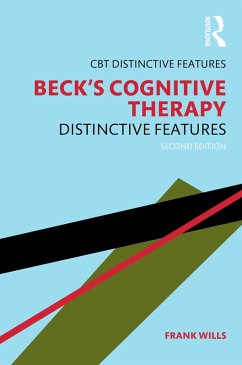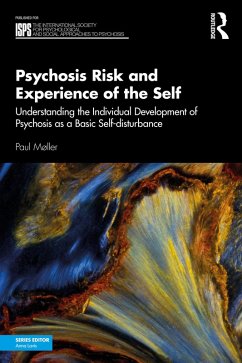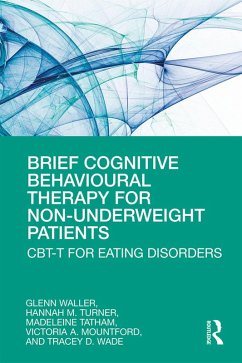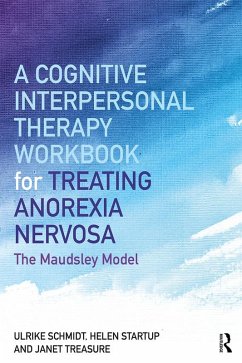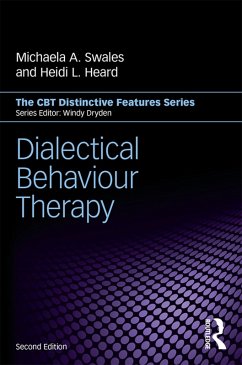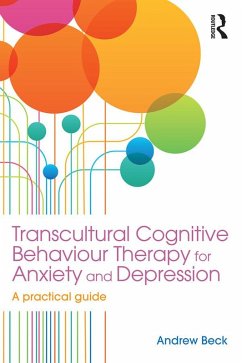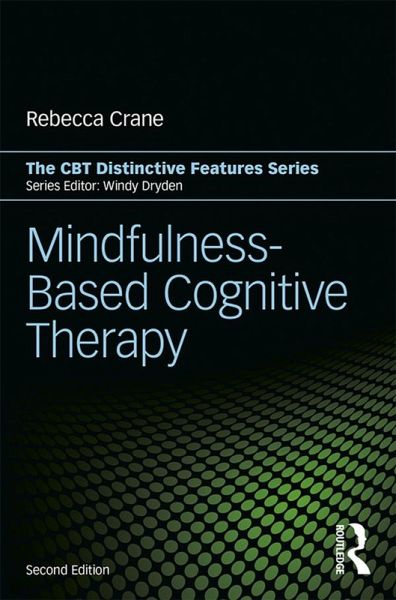
Mindfulness-Based Cognitive Therapy (eBook, PDF)
Distinctive Features
Versandkostenfrei!
Sofort per Download lieferbar
21,95 €
inkl. MwSt.
Weitere Ausgaben:

PAYBACK Punkte
11 °P sammeln!
This new edition of Mindfulness-Based Cognitive Therapy: Distinctive Features (MBCT) provides a concise, straightforward overview of MBCT, fully updated to include recent developments. The training process underpinning MBCT is based on mindfulness meditation practice and invites a new orientation towards internal experience as it arises - one that is characterised by acceptance and compassion. The approach supports a recognition that even though difficulty is an intrinsic part of life, it is possible to work with it in new ways.The book provides a basis for understanding the key theoretical an...
This new edition of Mindfulness-Based Cognitive Therapy: Distinctive Features (MBCT) provides a concise, straightforward overview of MBCT, fully updated to include recent developments. The training process underpinning MBCT is based on mindfulness meditation practice and invites a new orientation towards internal experience as it arises - one that is characterised by acceptance and compassion. The approach supports a recognition that even though difficulty is an intrinsic part of life, it is possible to work with it in new ways.
The book provides a basis for understanding the key theoretical and practical features of MBCT and retains its accessible and easy-to-use format that made the first edition so popular, with 30 distinctive features that characterise the approach. Mindfulness-Based Cognitive Therapy: Distinctive Features will be essential reading for professionals and trainees in the field. It is an appealing read for both experienced practitioners and newcomers with an interest in MBCT.
The book provides a basis for understanding the key theoretical and practical features of MBCT and retains its accessible and easy-to-use format that made the first edition so popular, with 30 distinctive features that characterise the approach. Mindfulness-Based Cognitive Therapy: Distinctive Features will be essential reading for professionals and trainees in the field. It is an appealing read for both experienced practitioners and newcomers with an interest in MBCT.
Dieser Download kann aus rechtlichen Gründen nur mit Rechnungsadresse in A, B, BG, CY, CZ, D, DK, EW, E, FIN, F, GR, HR, H, IRL, I, LT, L, LR, M, NL, PL, P, R, S, SLO, SK ausgeliefert werden.





